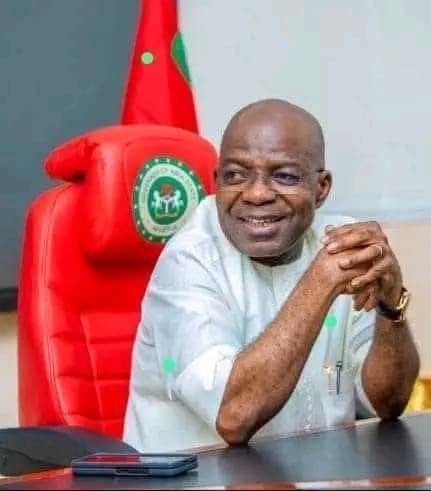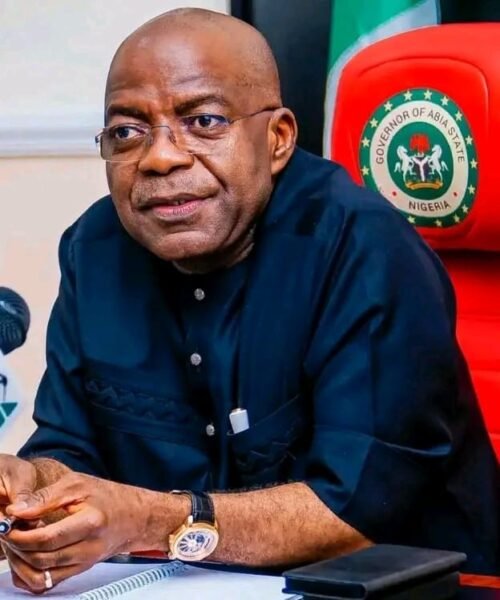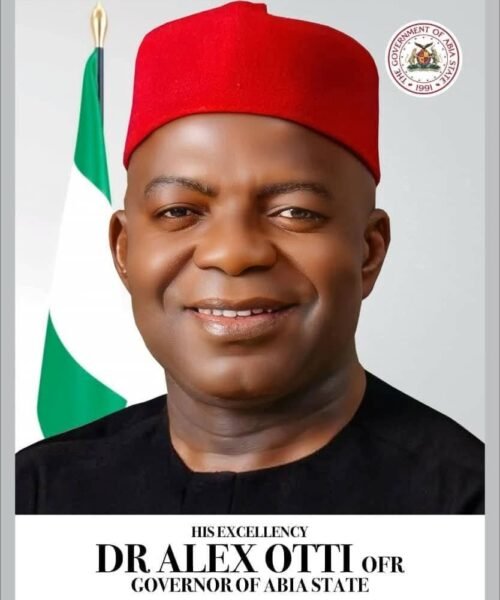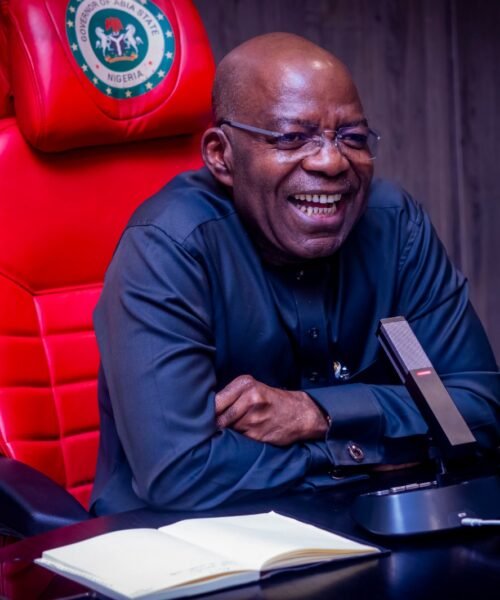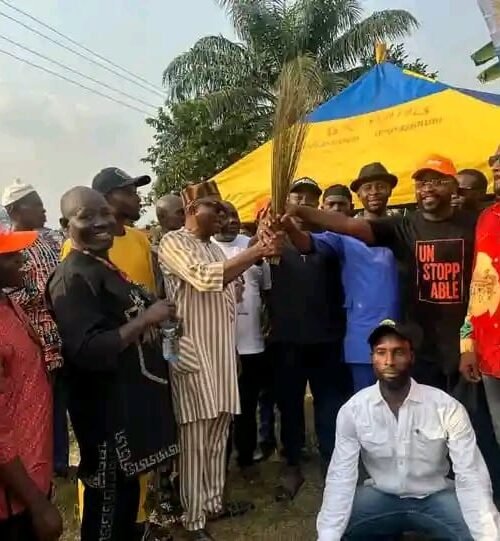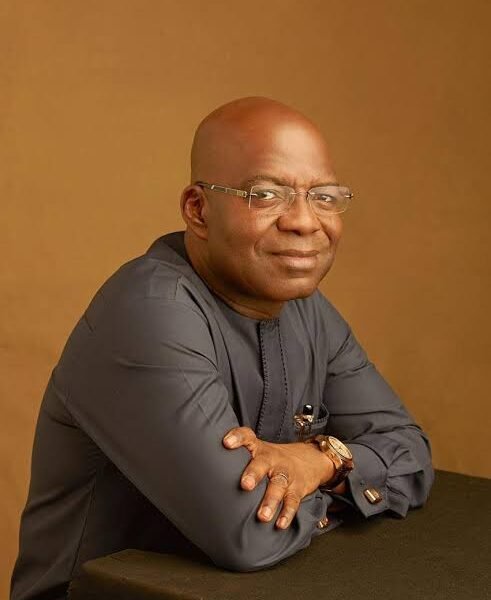Alex Otti & Jeff Bezos: The race to power underserved communities
Jeff Bezos’ Bezos Earth Fund has partnered with the Rockefeller Foundation to launch a solar mini-grid program in Nigeria, aiming to provide electricity to over 86 million individuals who lack access to this basic necessity. This initiative is part of the Global Energy Alliance for People and Planet (GEAPP) and seeks to improve Nigeria’s inconsistent power supply.
The program plans to install 10 gigawatts of renewable energy mini-grids across Nigeria, enhancing productivity and reducing carbon emissions. This is a significant step towards addressing Nigeria’s energy crisis, where the national grid supplies just 4,000 megawatts—about one-sixth of what is available in South Africa, a country with a quarter of Nigeria’s population.
Key Objectives:
- Provide reliable power to underserved communities
- Enhance productivity and reduce carbon emissions
- Install 10 gigawatts of renewable energy mini-grids across Nigeria
Additionally, the Nigerian government has plans to provide subsidies to developers and operators of solar mini-grids in unserved and underserved areas via a $750 million loan approved by the World Bank. This loan is part of the Distributed Access through Renewable Energy Scale-up (DARES) project, which aims to strengthen the supply of electricity to households and micro, small, and medium-sized enterprises (MSMEs) by enabling distributed renewable energy projects owned by the private sector.
With the frequent national grid collapse, coupled with epileptic power supply it’s now clear that addressing Nigeria’s power problems requires huge effort from the private sector.

Governor Alex Otti of Abia State is poised to take advantage of private sector initiatives like this as we have reported earlier. He has mentioned many times that Abia state’s future is private sector driven. Initiatives like the Jeff Bezos’ Earth Fund and the Rockefeller Foundation’s solar mini-grid program will benefit Abia State in two ways:
Powering underserved communities This project is designed such that more areas in Abia State that would benefit from the installation of solar mini-grids is identified, providing reliable power to underserved communities.
Access Funding Opportunities: Leverage the $750 million loan approved by the World Bank for the Distributed Access through Renewable Energy Scale-up (DARES) project to support private sector-led renewable energy initiatives in Abia State.
Ground work laid out
State-Specific Energy Plans: Governor Alex Chioma Otti has created a comprehensive energy plan for Abia State, outlining strategies for increasing access to renewable energy, reducing carbon emissions, and enhancing productivity.
Engage with Private Sector Developers: There was a call and consorted efforts to lure private sector developers to invest in solar mini-grid projects in Abia State, and negotiate subsidies and incentives where necessary. The momentum is building up!.
Capacity Building and Training: Abia state has the capacity to collaborate with GEAPP and other partners to provide training and capacity-building programs for local communities, ensuring they can manage and maintain the solar mini-grids.
Policy Support: Due to Dr Alex Chioma Otti’s private sector friendly posture, policies that support the development and implementation of renewable energy projects in Abia State, ensuring a favorable business environment for investors, won’t be a challenge.
By taking some steps, Governor Otti has prepared the ground work for Abia State citizens to benefit from this initiative, thereby improving the lives of its Abians and contributing to Nigeria’s overall energy security.
Dr Chukwuemeka Ifegwu Eke writes from the University of Abuja Nigeria


